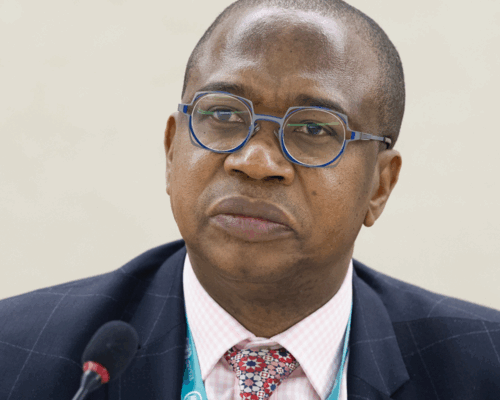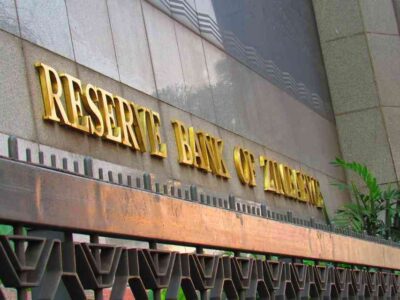Zimbabwe is stepping up efforts to tackle its longstanding debt obligations, unveiling a bold strategy aimed at restoring financial credibility and re-engaging with the global economy. At the heart of this plan is a commitment to fiscal discipline, structural reform, and strategic diplomacy—all geared toward clearing the country’s US$21 billion public debt, which includes US$12.3 billion in external arrears.
Finance and Economic Development Minister Professor Mthuli Ncube said the Government is taking a multi-faceted approach that blends policy reform with innovative financing mechanisms. “We are leveraging a combination of bridge financing, resource-backed facilities, and comprehensive engagement with international financial institutions to open up new credit lines and support economic recovery,” he said.
A cornerstone of the plan is Zimbabwe’s re-engagement with the International Monetary Fund through a Staff Monitored Programme (SMP), designed to demonstrate policy credibility and build trust with creditors. The SMP is expected to lay the groundwork for the eventual clearance of arrears owed to the World Bank and African Development Bank. Once these obligations are addressed, the Government plans to open formal negotiations with the Paris Club of creditors.
In a sign of improved fiscal health, the country’s debt-to-GDP ratio has declined to 45%, a significant drop that signals progress in efforts to stabilize public finances. This has been underpinned by a tightening of public expenditure and continued reforms across key economic sectors.
Beyond debt management, Zimbabwe is also seeking to deepen trade relations with the United States. Negotiations are currently underway for a reciprocal tariff agreement that would grant Zimbabwean goods improved access to US markets. In a proactive gesture of goodwill, President Emmerson Dambudzo Mnangagwa has already lifted tariffs on US imports.
This comprehensive plan reflects what the Mnangagwa administration calls the ethos of the Second Republic—anchored in economic reform, debt sustainability, and renewed global partnerships. The Government’s strategy suggests a clear pivot toward long-term economic normalization, and with international support, Zimbabwe is positioning itself to re-enter global financial markets on firmer footing.














Comments